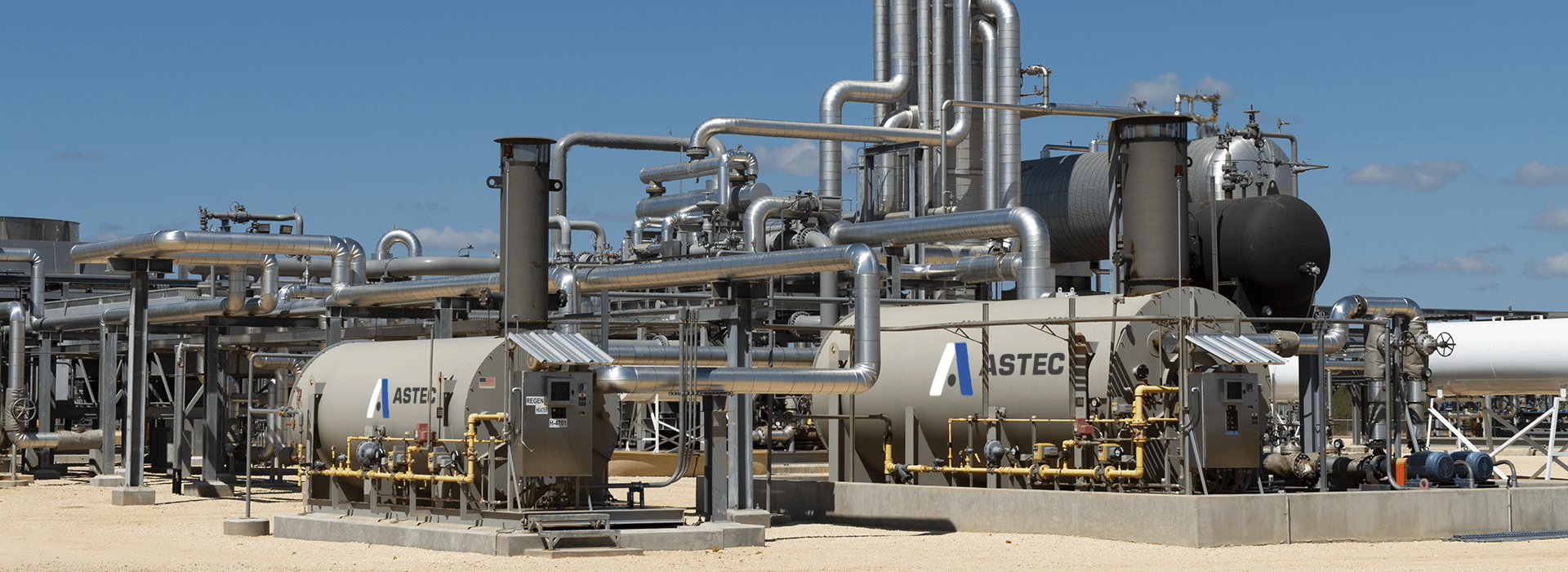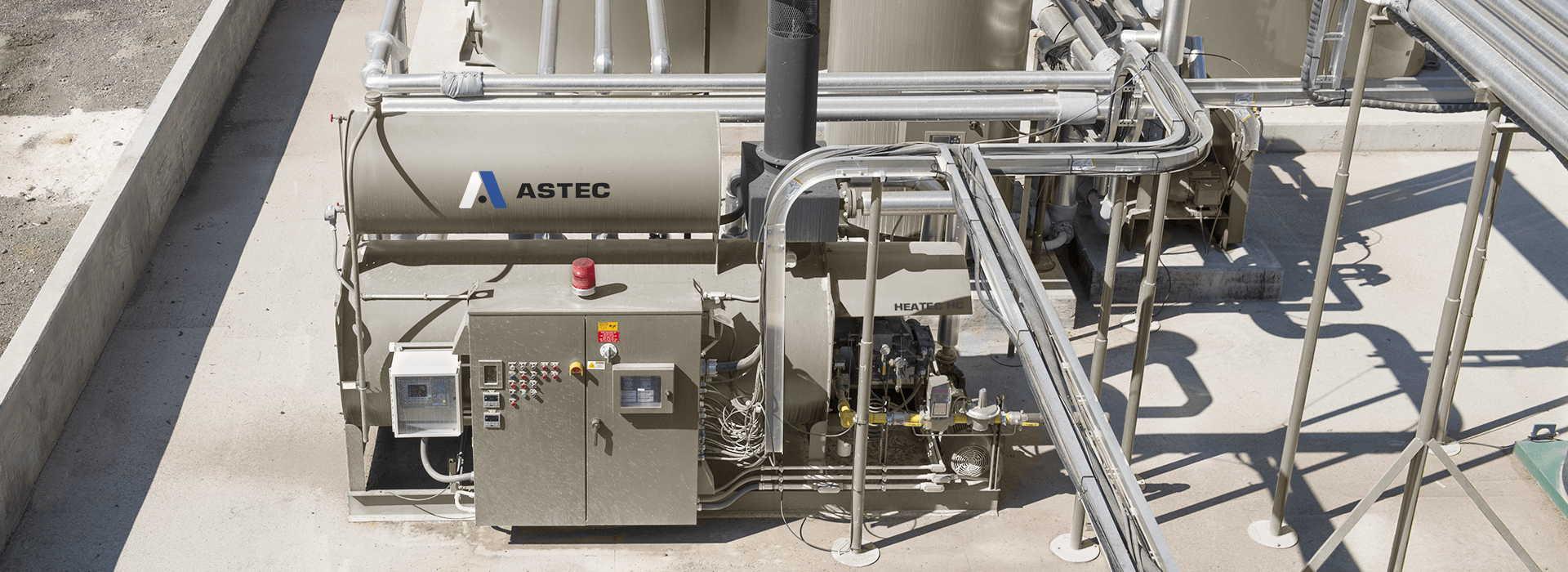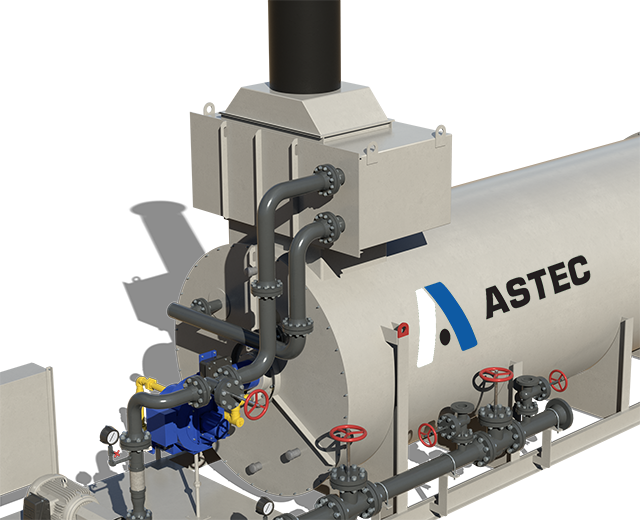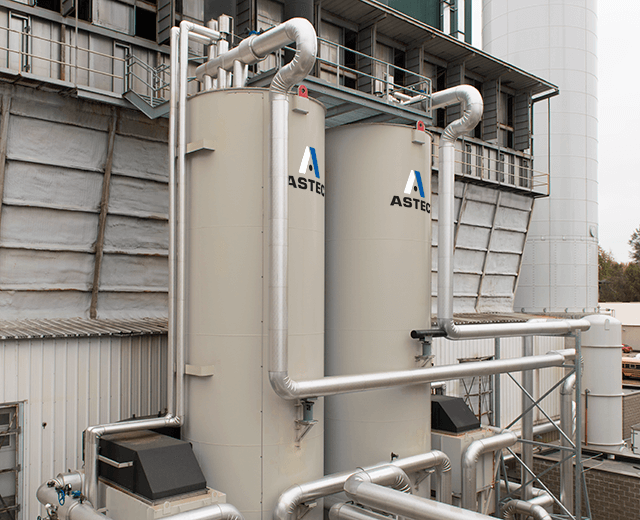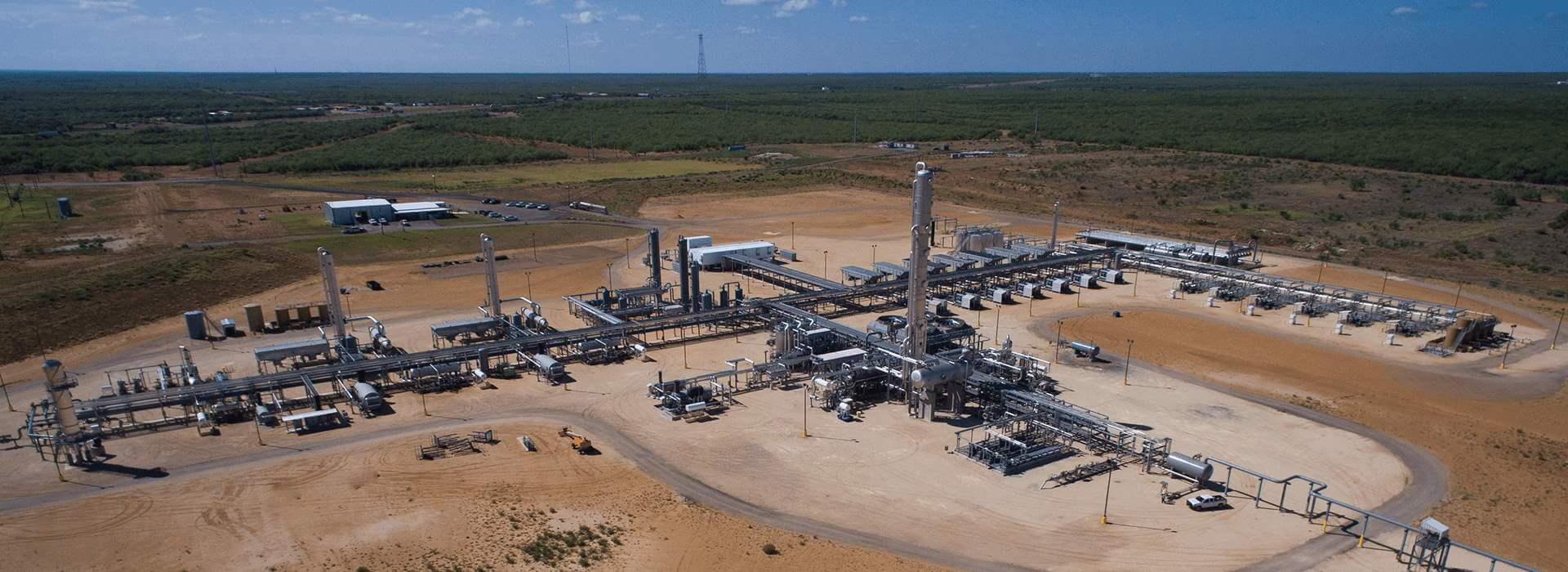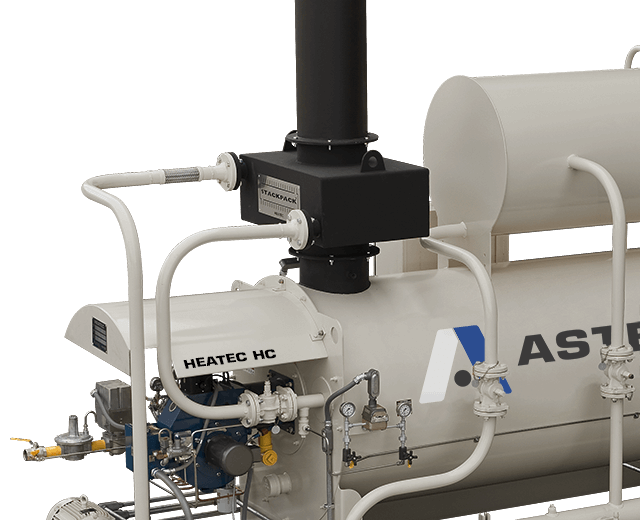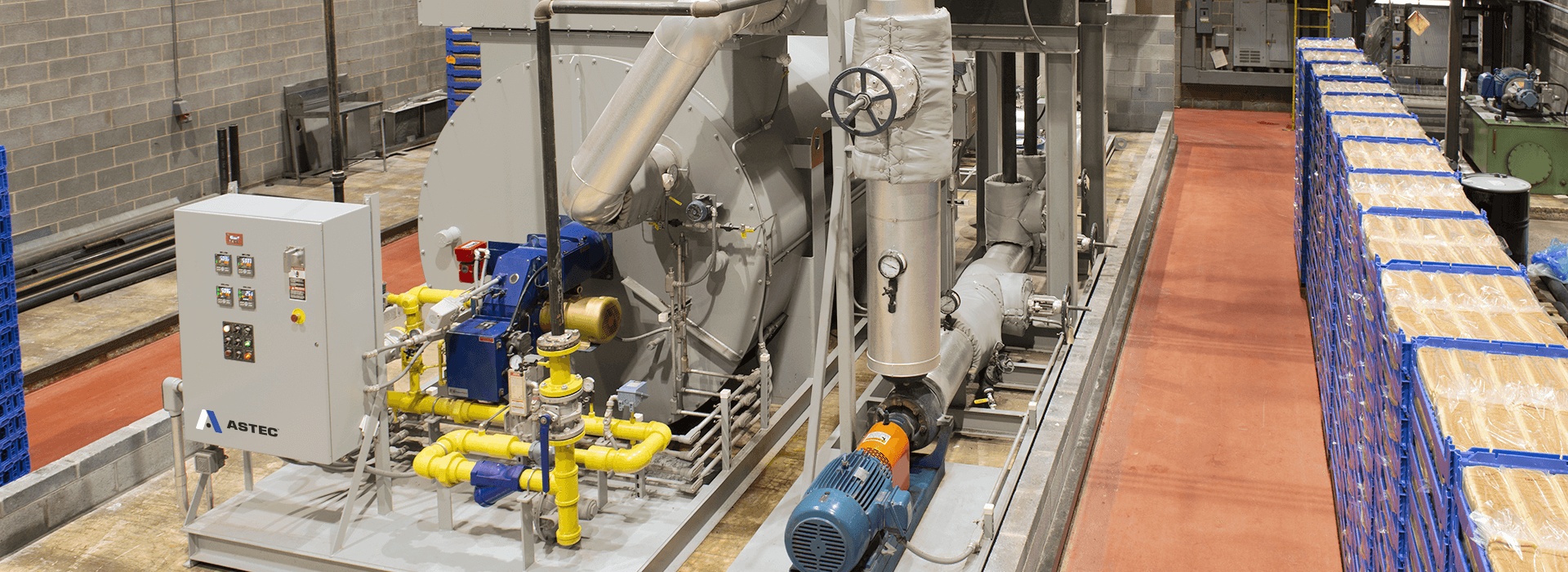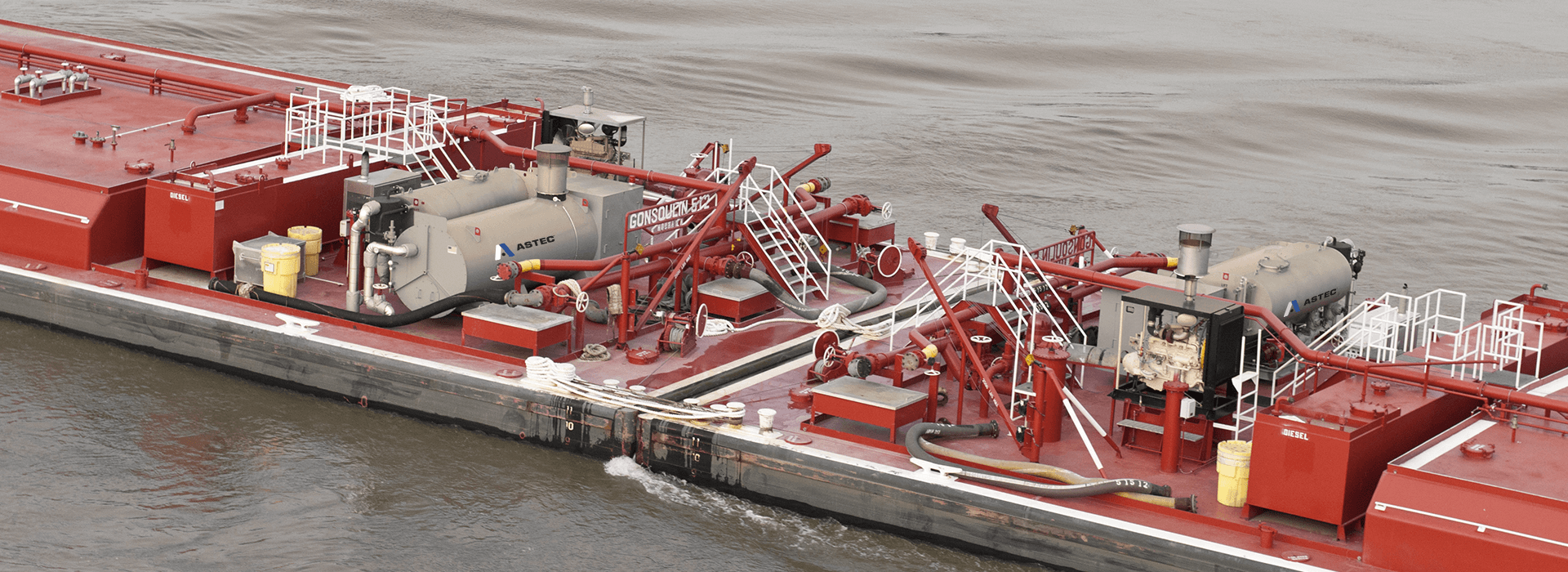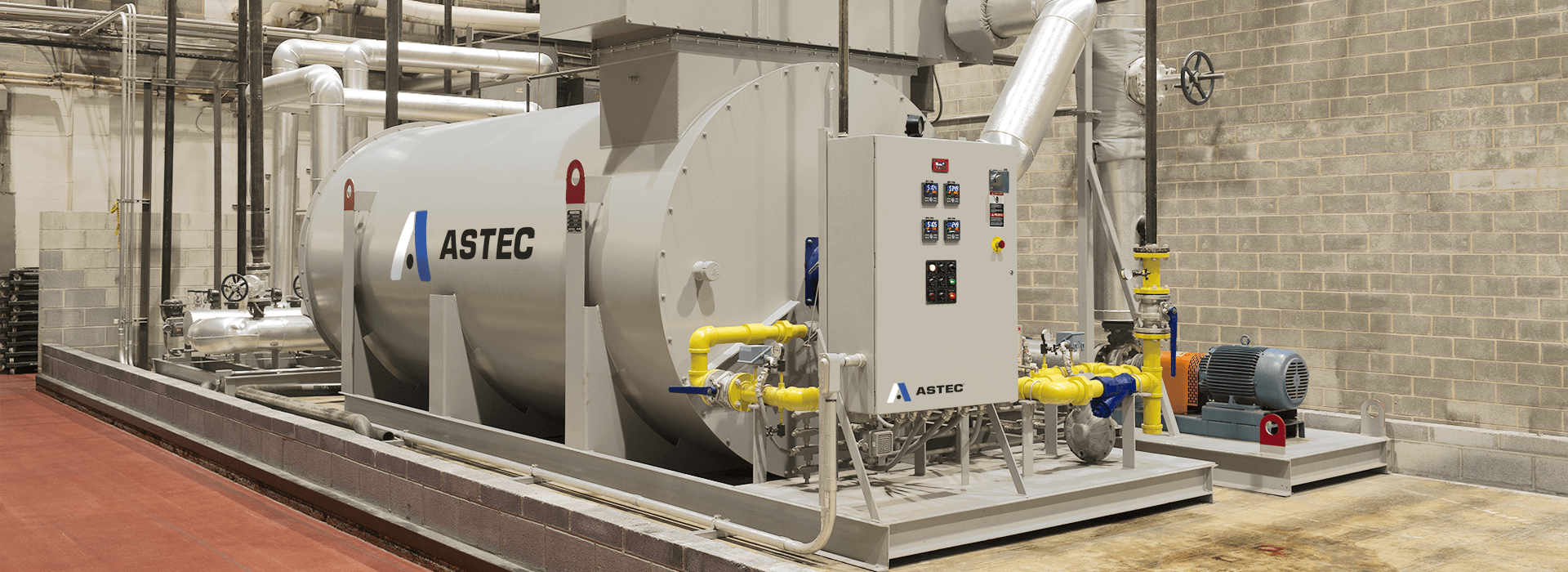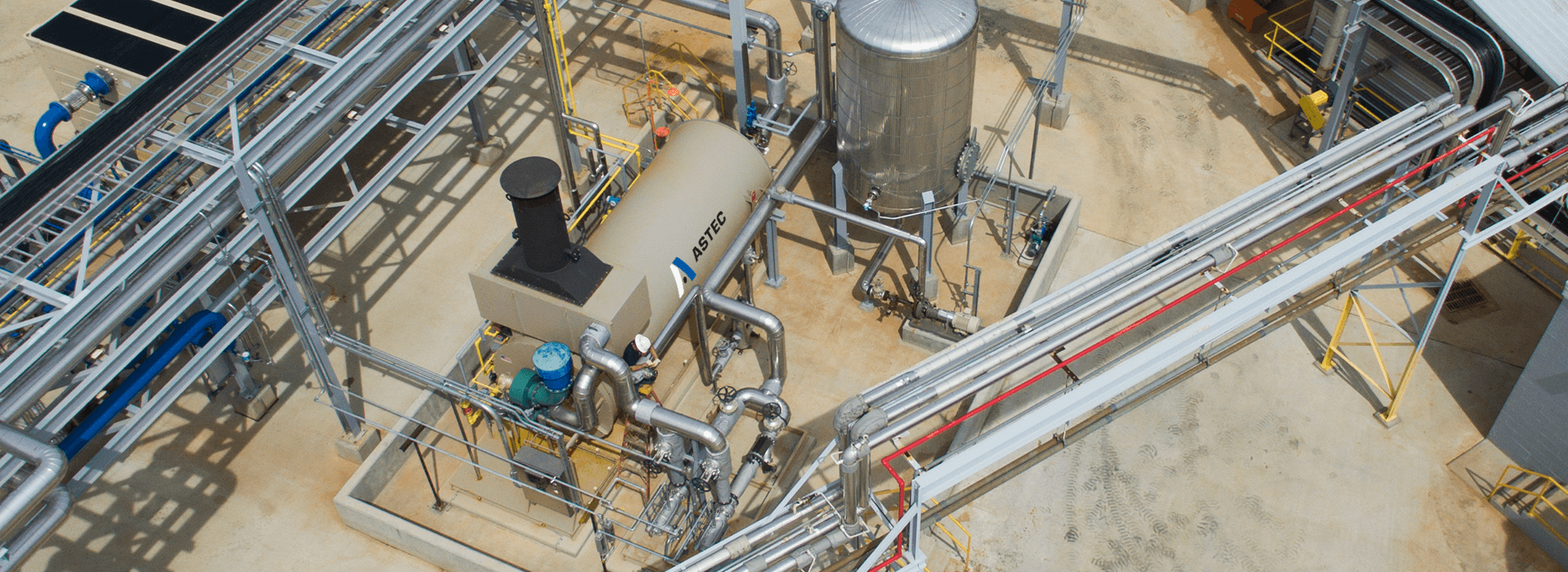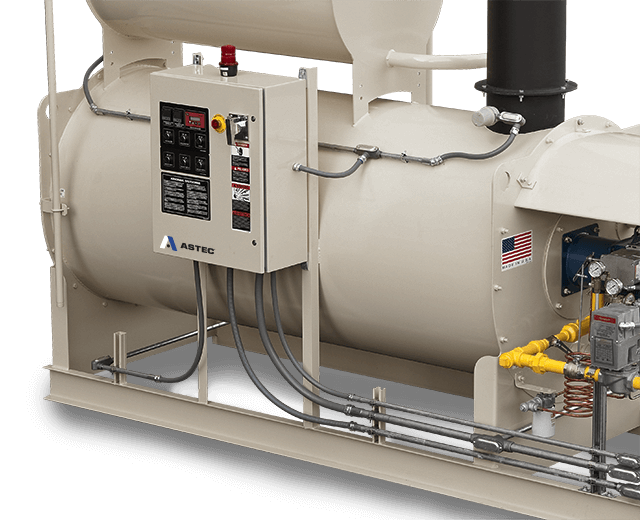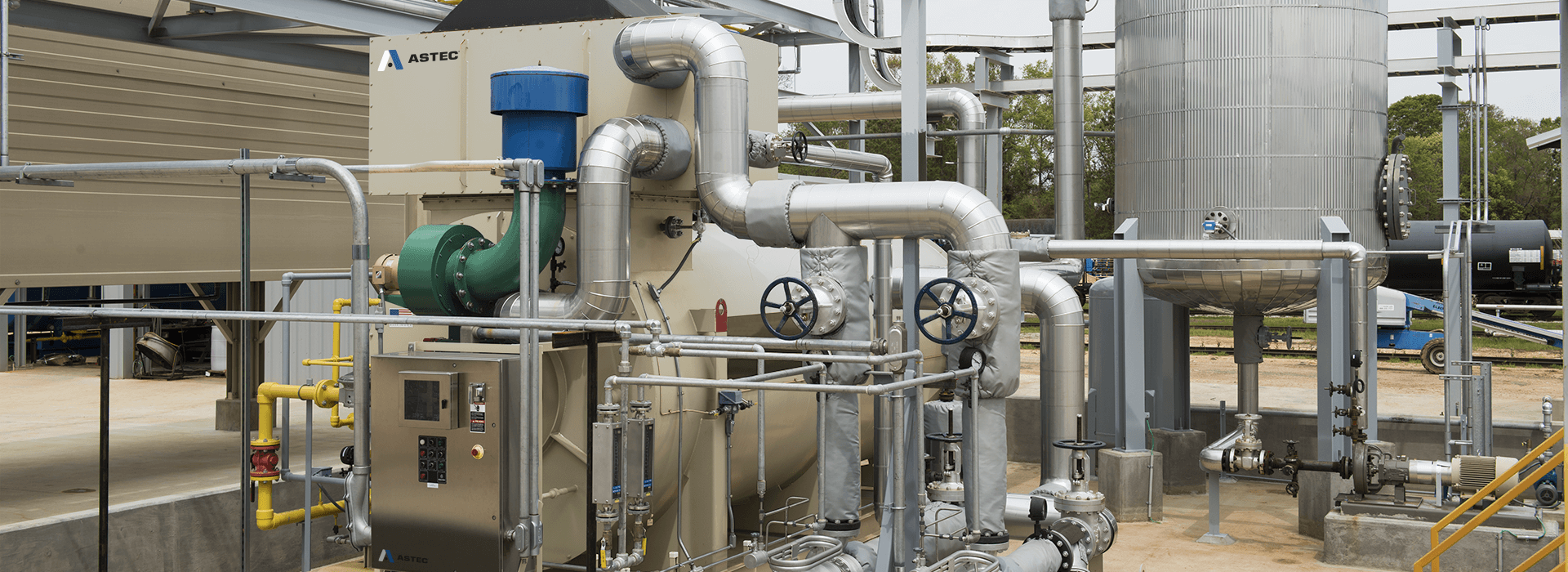Thermal Fluid Heaters vs. Steam Boilers
Highlights
Thermal fluid heating systems cost less
Thermal fluid heating systems are safer
Thermal fluid heating systems are more versatile
Thermal fluid heating systems cost less
Additionally, operating costs are less for a thermal fluid system, as well as generally being more efficient than steam boiler systems. Steam traps and blow-down result in a considerable amount of heat loss when it comes to steam systems. That additional heat loss means the boiler is going to have to work harder to maintain a constant temperature and consequently is going to burn more fuel than a thermal fluid heater would.
Maintenance is another area where a thermal fluid heating system can save you money over a steam boiler system. Steam boiler systems need to be carefully monitored and maintained in order to prevent corrosion and deposits caused by water. Chemical additives to the water are necessary to minimize corrosion and deposits in the piping and equipment. These additives need to be carefully measured and they carry considerable costs. Thermal fluids such as organic oils act as a lubricant and won’t corrode your components. Since there are fewer components in a thermal fluid heater system, there are fewer parts to maintain. Although water is less expensive than thermal fluids (hot oils), the cost difference is usually offset by the additional costs to maintain and operate a steam boiler system.
Overall, the costs to purchase, install, and operate a new system are higher for a boiler system than a thermal fluid heater system.
Thermal fluid heating systems are safer
Steam boiler systems produce a high level of pressure which increases exponentially as the steam temperature increases. With thermal fluid heating systems, all of your equipment is non-pressurized or low pressure. This decreases the risk of dangerous explosions in your facility and eliminates the necessity of a dedicated operator required by most jurisdictions. Additionally, you won’t run into the dangers caused by steam trap issues or by freezing water since oil’s freezing point is significantly lower than water’s freezing point.
Thermal fluid heating systems are more versatile
There are literally hundreds of types and brands for thermal fluid available that can be used with a thermal fluid heating system. They range from mineral oils to synthetics. Food-grade oils are also available. For applications that need lower temperatures, water-glycol mixtures can be used. Each system is designed for specific applications based on the heat transfer properties of the liquid. Pairing the right thermal fluid to your application helps the system run more efficiently and gives you more precise control over the process.
Unlike a steam boiler system, thermal fluid heating systems can operate at higher temperatures without a significant increase in pressure. With steam, you can only increase the temperature by increasing pressure which adds to the risk of explosion.
If a process requires heating and cooling, it can be done with a single fluid.
Most thermal fluids have a much lower freezing point than water, so a thermal fluid system doesn’t have to be installed in a climate-controlled building or have heat trace as long as the right fluid is used for the application. Thermal fluid heaters can be placed outside freeing up valuable indoor space.
Thermal fluid heating systems can also be used to produce steam. If you want to use a thermal fluid heating system for most of your heating needs but only need steam for a portion of your process, you can add a steam generator to the system instead of having a separate boiler. This allows you to have the efficiency, safety, and control a thermal fluid system offers and have the ability to produce steam without the risks associated with a boiler.
Overall, a thermal fluid heating system is a superior choice to a steam boiler system in most applications. They are safer to operate, more efficient, easier to maintain, more versatile, and have better temperature control. If you are planning to install a new system or replacing an old one, go with a thermal fluid system.
